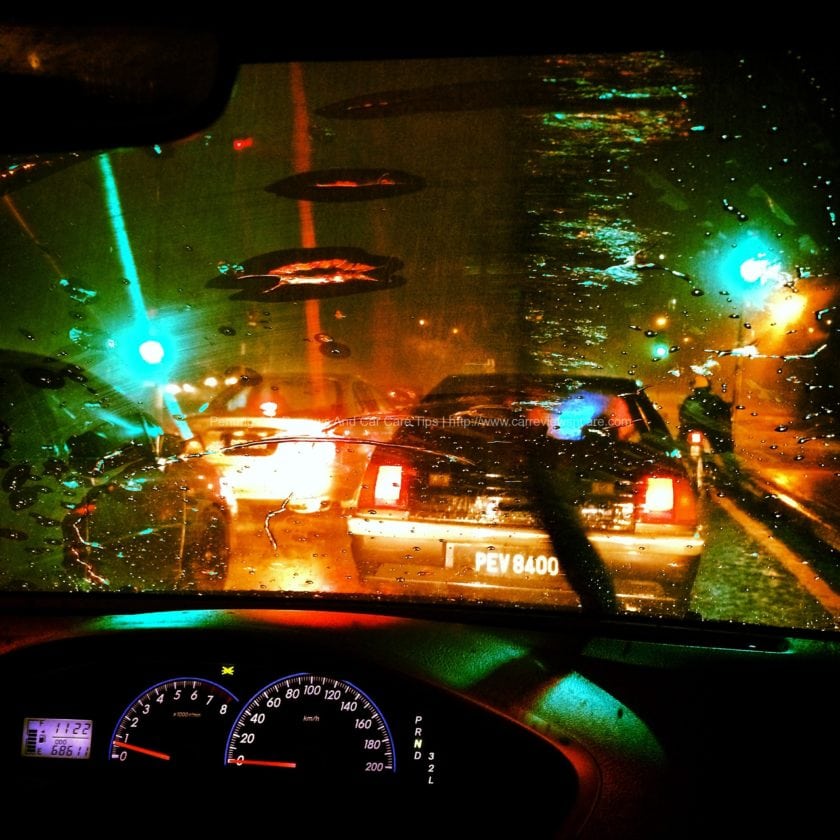
You can’t avoid driving at night, especially during emergency situations and long-distance commutes. However, your risk of getting involved in an accident increases as you journey along dark roads. Even with adequate roadside lighting, you are still vulnerable to potentially fatal situations.
Regardless of how experienced you are as a motorist, you still need to prepare for anything that lies ahead during a night-time drive. Here are a few important tips to help you stay safe on the road at night:
1. Check your health
The statistics don’t lie; most car accidents at night occur as a result of a driver’s physical and mental state. We all know the consequences of driving under the influence of drugs and alcohol, but these are not the only factors that increase the risk of accidents. Fatigue, sleeplessness, and stress can also affect your concentration. If you can’t avoid feeling tired in the middle of driving, it’s best that you either slow down or stay in a motel for the night.
2. Be ultra-aware
Even if you are in the best condition to drive at night, you can still be vulnerable to the actions of other motorists. You can’t always count on other people to be just as responsible as you are. Observing defensive driving principles and being aware of your surroundings can help you spot and avoid potential dangers. You will need to get rid of distractions inside the car. You might want to turn down the volume of the stereo and avoid having lengthy conversations on the phone.
3. Make your vehicle visible
Other drivers may not see you around, especially on poorly lit roads. To reduce the chances of a collision, you need to make sure your vehicle is visible to everyone else who surrounds you. Consider adding reflectors or strobe lights to your vehicle. You can also get comprehensive underlighting for your vehicle so other motorists can easily see you approaching as you drive along highways.
4. Invest in high-quality headlights
You can never go wrong with a set of headlights that provide you with a clear view of the road at night. Look towards LED and halogen bulbs that are at least 4,000 lumens if you want maximum visibility. Be sure to angle your headlights properly so as not to impede the vision of oncoming motorists.
5. Clean your windscreen
Dust, snow, and other debris on your windscreen can reduce your view of the road significantly. Before you drive out at night, it’s important to wipe away any specs and impurities on the glass. Debris won’t be your only problem; you should also keep your windshield from fogging up by using an anti-fog treatment. Moisture repellant is also important for keeping the glass clear during a rainy night.
Night-time may not be an ideal setting for a drive, but you might as well prepare for anything if night driving is part of your daily routine. It all starts by using the tips above to keep yourself and others safe.
Facebook Comments